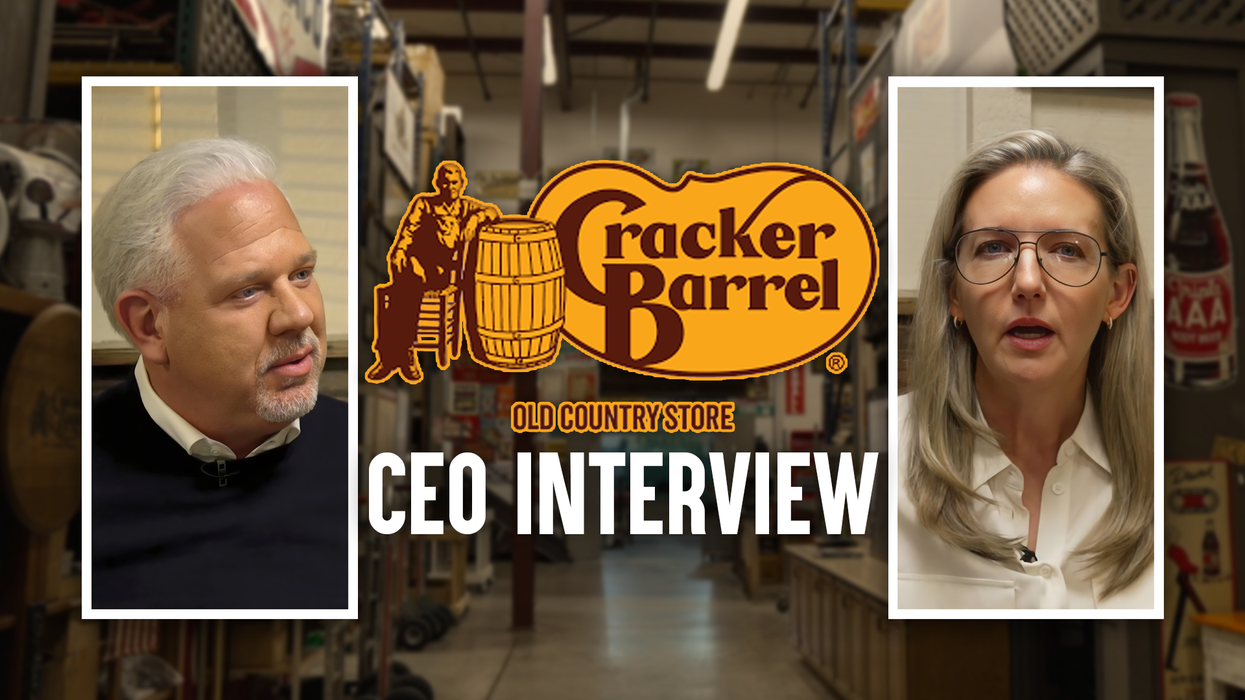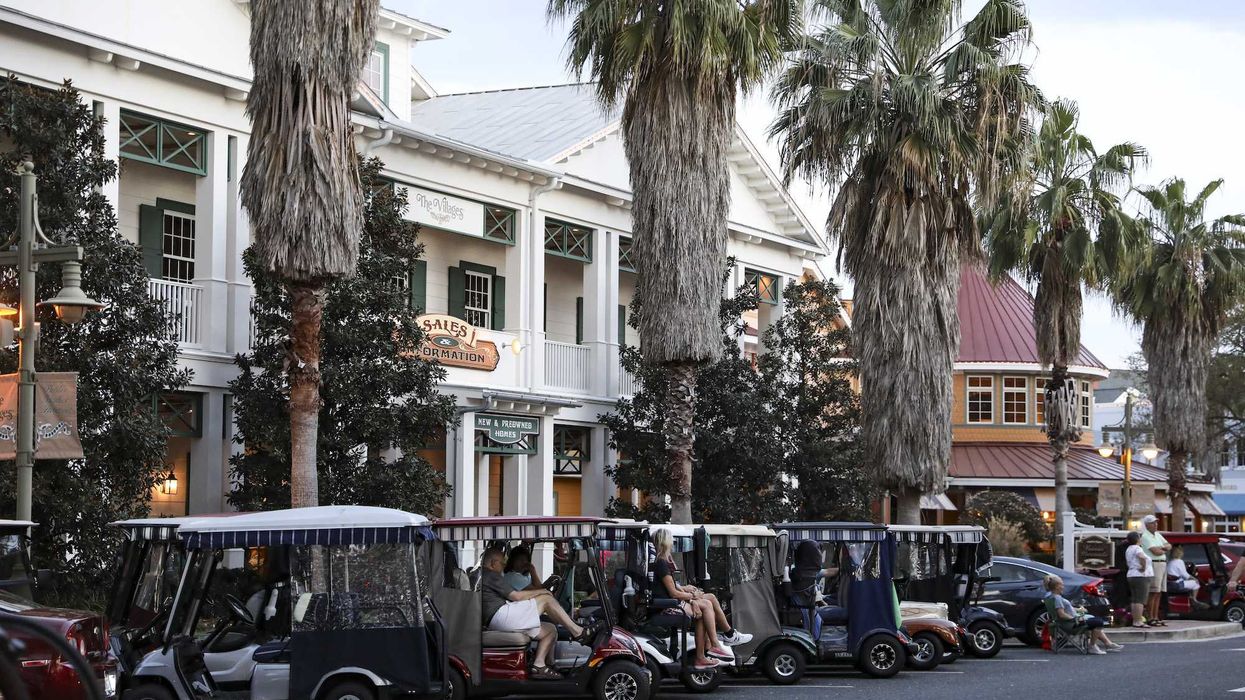SEATTLE (AP) -- A small museum in Washington state is removing World War II-era weapons from an exhibit to avoid having to comply with a new voter-approved law requiring background checks on gun transfers.
The Lynden Pioneer Museum, near the Canadian border in the state's northwest corner, wrote on its Facebook page that it would risk violating Initiative 594 to keep the 11 rifles past Dec. 4, when the law takes effect. The weapons will be returned to the collectors who lent them.
The decision was reported earlier Wednesday by The Bellingham Herald ( https://bit.ly/1tegZtA ).
"I read through the law about 10 different times looking for a loophole," museum director Troy Luginbill told the newspaper.
 In this photo taken on Tuesday, Nov. 18, 2014, Lynden Museum director and curator Troy Loginbill, holds a Korean War M1 on loan to the Lynden, Wash., museum. The museum has decided to return the M1 carbine and ten other loaned weapons to their owners to comply with the new gun registration law Initiative 594. (AP Photo/The Bellingham Herald, Philip A. Dwyer)
In this photo taken on Tuesday, Nov. 18, 2014, Lynden Museum director and curator Troy Loginbill, holds a Korean War M1 on loan to the Lynden, Wash., museum. The museum has decided to return the M1 carbine and ten other loaned weapons to their owners to comply with the new gun registration law Initiative 594. (AP Photo/The Bellingham Herald, Philip A. Dwyer)
The law passed this month with 59 percent of the vote. It requires background checks on all sales and transfers, including private transactions and many loans and gifts, with exceptions for transfers between family members and antiques.
The law is not retroactive, meaning Lynden's museum, which has one full time employee, would not immediately have to have any background checks performed.
However, the museum said it was concerned about the financial burden of having to perform background checks before it could return the weapons to their owners after the exhibit ends next May.
The law exempts antiques, but the museum's rifles are too new to qualify. The definition includes only weapons produced before 1898.
Supporters of the law, which passed in November with 59 percent of the vote, said the museum had nothing to worry about.
Geoff Potter, a spokesman for the Washington Alliance for Gun Responsibility, which led the I-594 campaign, said the measure was designed to prevent criminals from buying weapons without background checks at gun shows - not to saddle museums and donors to historical exhibits.
"This is clearly not what was concerned when I-594 was designed," Potter said. "You can't craft every possibility into every law. We think they can go forward with the exhibit, and we hope they will."
Nevertheless, other museums said the law would give them pause as well. Several in the state have military exhibits, though it wasn't clear how many might have modern guns on loan.
"We don't believe I-594 impacts our current holdings, but it may impact our ability to accept future donations of firearms to our collection pending legal interpretation," Jennifer Kilmer, director of the Washington State Historical Society, said in an emailed statement.
James Payne, executive director of the Fort Walla Walla Museum, said his museum has in its permanent collection World War II-era weapons that it plans to use in an upcoming exhibit. He said Wednesday he wonders what would happen if he wanted to loan the weapons to another museum.
"How do you do a background check on an institution?" he asked.
Seattle police officer James Ritter, who founded the Seattle Metropolitan Police Museum, said he doubted that returning a gun to its rightful owner would be considered a "transfer" under the law. Regardless, he said it was exceptionally unlikely that investigators would target museum exhibits for prosecution.
In an interview with The Associated Press, Luginbill didn't disagree. But even a tiny risk was too much, given the heavy toll legal problems could have on a nonprofit with an annual budget of $132,000, he said.

 In this photo taken on Tuesday, Nov. 18, 2014, Lynden Museum director and curator Troy Loginbill, holds a Korean War M1 on loan to the Lynden, Wash., museum. The museum has decided to return the M1 carbine and ten other loaned weapons to their owners to comply with the new gun registration law Initiative 594. (AP Photo/The Bellingham Herald, Philip A. Dwyer)
In this photo taken on Tuesday, Nov. 18, 2014, Lynden Museum director and curator Troy Loginbill, holds a Korean War M1 on loan to the Lynden, Wash., museum. The museum has decided to return the M1 carbine and ten other loaned weapons to their owners to comply with the new gun registration law Initiative 594. (AP Photo/The Bellingham Herald, Philip A. Dwyer)





